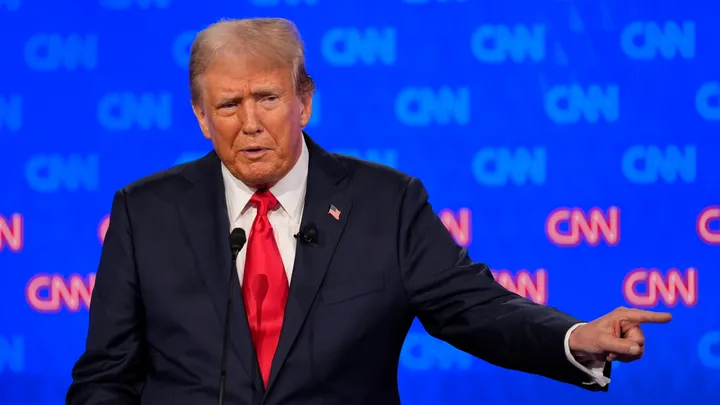High-wire talks between striking US workers and automotive giants are in a "critical phase," Jeep-maker Stellantis has said, as politicians staked out positions on a labour issue that could have a national impact.
Stellantis, together with fellow "Big Three" automakers General Motors and Ford, was hit on Friday by a limited strike – but one the United Auto Workers [UAW] warns could spread.
Both sides issued cautious statements on Saturday.
"Our bargaining team continues to work days, nights and weekends" in pursuit of a "reasonable" solution, said the statement from Stellantis, which was formed by the merger of Fiat Chrysler and the French PSA Group.
But the automaker warned that if talks took a bad turn, the outcome "will take us backwards and endanger the long-term competitiveness of our Company, negatively impacting our workers and our communities."
There was no immediate formal response from the union, but a UAW source told the AFP news agency, "we had reasonably productive conversations with Ford today."
Only about 12,700 of the UAW's 150,000 members are currently on strike.
But with workers at all of the Big Three coordinating strike action for the first time — including a demand for pay increases of 40 percent over a four-year contract — the automakers could face a far more disruptive stoppage.
Underscoring the political stakes of the moment, President Joe Biden quickly lent his support to the strikers on Friday, saying he understood their "frustration."
Political lines
And on Saturday, former president Barack Obama lent his backing, with a reference to the 2008-09 financial crisis.
"When the big three automakers were struggling to stay afloat, my administration and the American people stepped in to support them," he said on social media.
"So did the auto workers in the UAW who sacrificed pay and benefits to help get the companies back on their feet.
"Now that our carmakers are enjoying robust profits, it’s time to do right by those same workers."
But former president Donald Trump, who hopes to face Biden in next year's US presidential election, lashed out at the UAW as over-reaching.
"The auto workers will not have any jobs... because all of these cars are going to be made in China – the electric cars, automatically, are going to be made in China," he said in an interview to be aired Sunday on NBC's "Meet the Press."
In its statement, Stellantis said the UAW was misrepresenting its proposals.
It said its current offer would give employees a 21 percent pay raise over the term of the contract, with 10 percent coming upon ratification.
General Motors upped its offer on Thursday, lifting a proposed wage increase from 18 to 20 percent, according to the UAW.
But hourly workers say the auto giants must produce significantly better packages to make up for what they call meager wages and benefit cuts after the 2008 financial crisis, when both GM and Chrysler, now part of Stellantis, underwent bankruptcy reorganisations.
They also want pay boosts for lower-paid temporary workers.
























